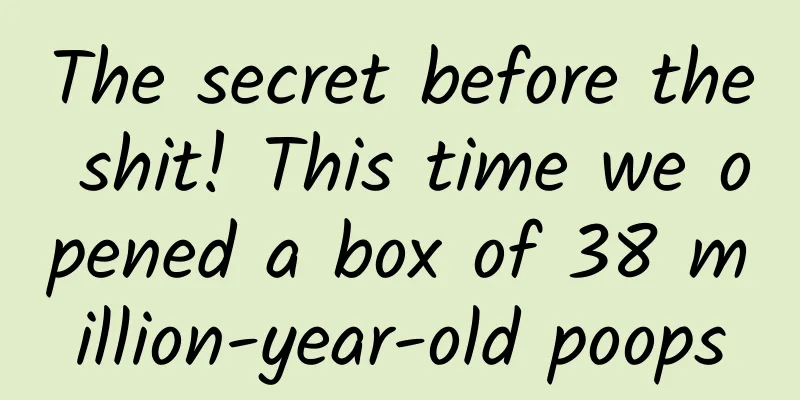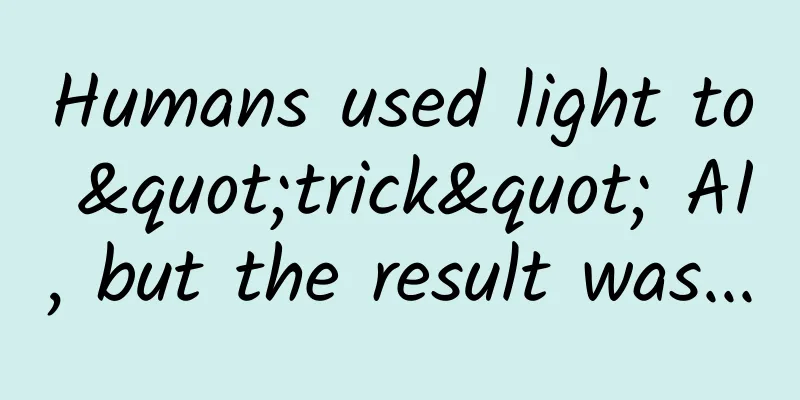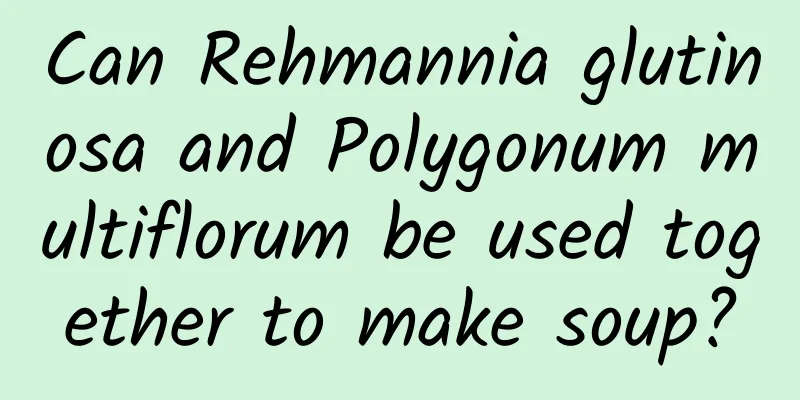What are the effects of Subaijiang?

|
If you ask what is the most likely surgery a person will undergo in their lifetime, many people would not be able to answer. In fact, the surgery a person is most likely to undergo in his or her lifetime is appendectomy. Although this surgery is not very difficult, the consequences can be unimaginable if it is not treated correctly. So what medicines do you know for treating appendicitis? Subaijiang is one of them. Let’s take a look at the effects of Subaijiang. Identification of raw medicinal materials The whole dried plant with fruits has a cylindrical stem with a grayish-yellow surface. It is brittle and easy to break, with white loose pith in the center. Most of the leaves are broken. There is a racemose infructescence at the top, and the fruit is flat and oval with wings on the edges. In some areas, this product is used as Baijiang, please refer to the entry "Baijiang". Microscopic identification: Cross section of stem: Epidermal cells in one row, outer wall thickened, especially at ridges. The cortex consists of 5 to 10 rows of thin-walled cells. The fibers of the pericycle are light yellow and are bundled into dozens of bundles. The fibers are mostly tangentially extended, with slightly thick walls and are slightly lignified or non-lignified. The vascular bundles are extra-tough; the phloem is narrow; the xylem vessels are polygonal, with several scattered ones gathered together; the bundles are connected by lignified fibers, with a width of 6 to 25 rows of cells. The medulla is large. The walls of the 5th to 10th rows of cells around the medulla are slightly lignified and thickened, and are often hollow in the center. The best ones are yellow-green in color and complete in fruit. 【Effects】: Clears away heat and detoxifies, promotes blood circulation, and discharges pus. [Main indications]: Treat enteritis, dysentery, appendicitis, and hepatitis. Chemical Identification of Traditional Chinese Medicine Take 2g of the powder of this product, add 10ml of petroleum ether (30~60℃), soak in cold water for 24h, filter, evaporate the petroleum ether from the residue, add 10ml of methanol, reflux extract in a 70℃ water bath for 1h, filter while hot, take 1~2 drops of the filtrate, add 1~2 drops of 3% iodine-sodium diazonium test solution (0.3g of sodium diazonium, dissolved in 10ml of 0.1mol/L iodine test solution) in a watch glass, mix well, and small bubbles will be generated. (Check for sinigrin) Scientists have long discovered that iris can absorb large amounts of metal elements and accumulate them in its leaves. The researchers collected iris from some abandoned mines and found after analysis that the leaves of these iris are rich in zinc, nickel, cadmium and other metal elements. Why does iris like to absorb metal elements? This has always been a puzzling mystery. However, this does not prevent people from assigning it a suitable "job" - purifying the air. People plant a large number of iris in some areas contaminated by heavy metals to use it to absorb metals and remove pollution. It has also been found that iris is most effective in removing cadmium pollution. |
<<: What are the effects of Dada fragrant flowers?
>>: What are the effects of moxibustion patches?
Recommend
How to help children focus after a long vacation?
Summer vacation is almost over. Are your children...
Why does adding the symbol “~” during a chat create a cheerful feeling?
Although punctuation marks are small, their selec...
Will eating too much solid calcium cause kidney stones? The main cause of kidney stones is...
Author: Li Jie, attending physician, Department o...
The efficacy and function of green maple
Many people choose green maple because of its hig...
The efficacy and function of a single leaf
Single root wood leaf is a frequently used medici...
How deep is your misunderstanding of the Ghost Festival?
Today is the 15th day of the seventh lunar month,...
Your color is quite nice! Do "chameleons" really exist among fish?
Produced by: Science Popularization China Author:...
What is the medicinal value of chicken shit vine
Cistanche deserticola is a kind of traditional Ch...
Don't take it lightly! If you have cold legs and feet, there may be something wrong here! Please keep the relief method
In cold seasons, people's bodies are always p...
Release a spacecraft to knock away an asteroid. Humanity's first field test of planetary defense. Purpose: How to prevent asteroids from hitting the Earth
Human beings have never done anything like this b...
What are the medicinal values of onion roots?
Scallion is a common ingredient in our daily life...
What are the medicinal uses of snow lotus?
I believe that many friends will not feel unfamil...
High-tech underwear for body wear! Is graphene underwear a waste of money?
"Dehumidification and sterilization", &...
The efficacy and function of yellow peach blossom
Traditional Chinese medicine culture is profound ...
Depression makes you exhausted? Change your perspective and light up your life again!
Depression is a common and serious mental health ...









